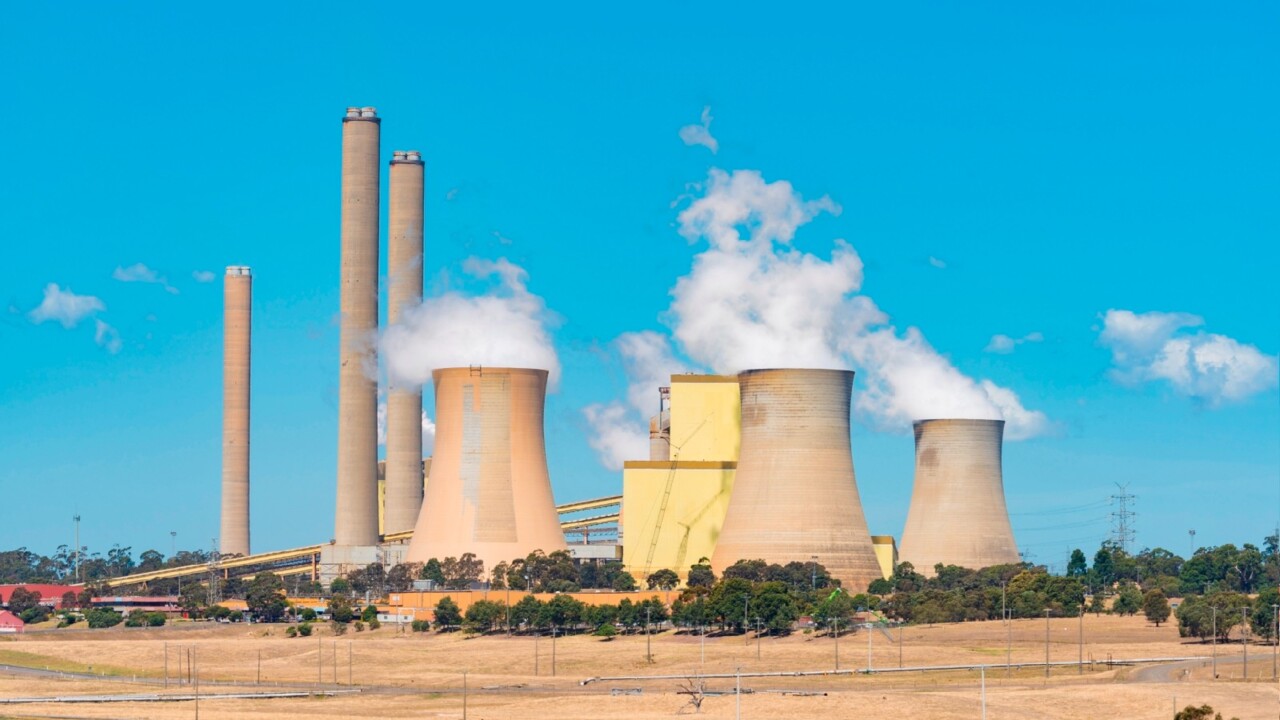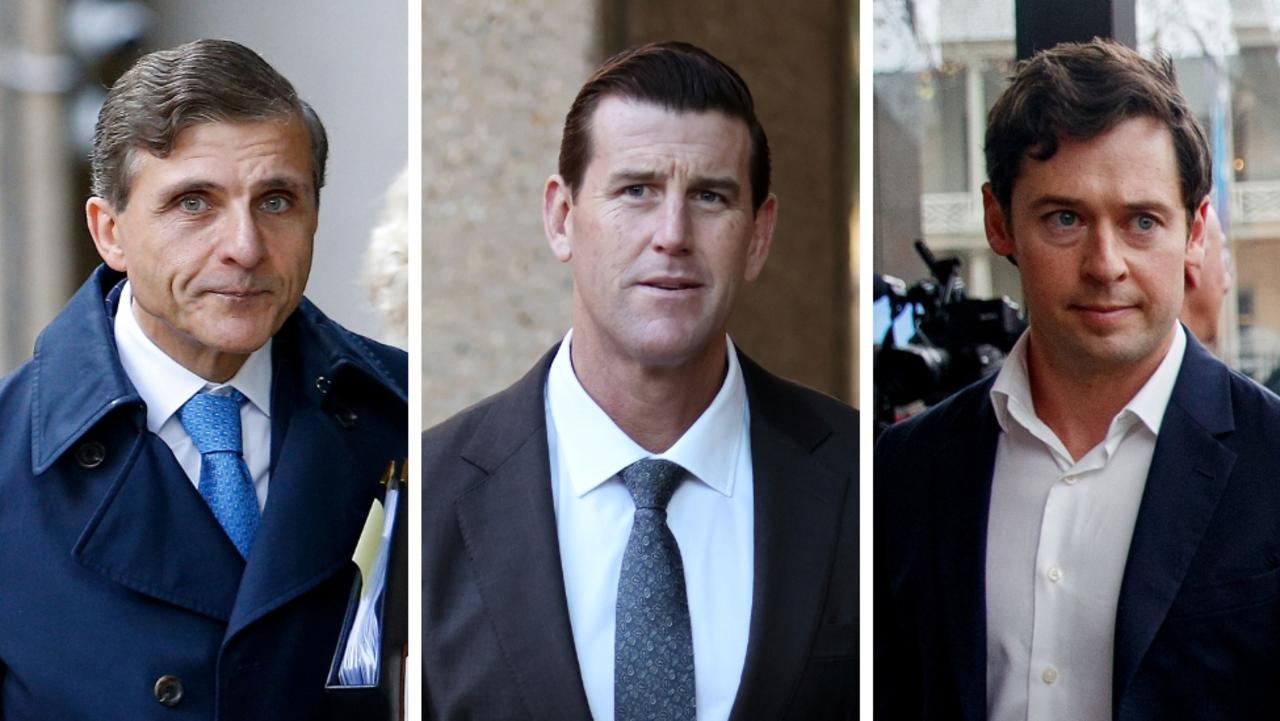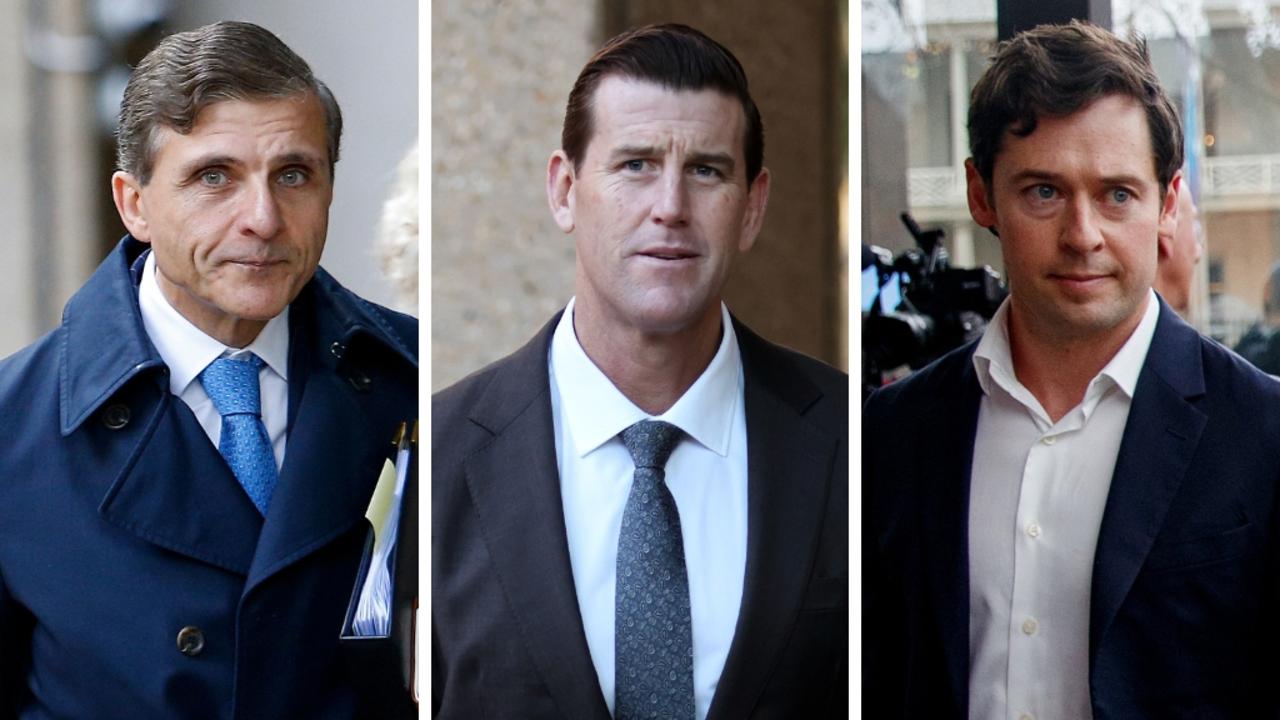
They did not link the bid and statements about bringing forward the end of AGL’s coal power generation to four months of European power shortages and soaring prices driven by a lack of wind power, nor to brownouts in California and Texas or even to Russian gas price extortion.
The body representing the transmission industry here, Energy Networks Australia, warned last Thursday week: “Increases in energy supply charges across the UK are cause for concern as almost 22 million households will see an average increase in their energy bill of 54 per cent from April.”
Yet only days later many at the Nine newspapers were starry-eyed about their local tech hero bidding for an old-fashioned power company so he could close down its coal-fired power generators earlier than AGL had already planned. They seemed to accept Cannon-Brookes and Brookfield were putting the planet before their pockets.
Reporters showed no sign they had heard about last week’s pact between Russia and China to shore up 100 million tonnes of coal a year for their mutual benefit, a deal announced the Friday before Monday morning’s AGL bid.
This paper’s environment editor Graham Lloyd summed it up perfectly, telling this column: “Mike says renewables freeloading off coal are cheaper so ipso facto, building five times as much renewables will be cheaper still.”
Kerry Schott, head of the Energy Security Board, could see no reason for the government to block the bid, writing in The Australian Financial Review online last Tuesday. Schott did not mention early coal closures would depend on storage technologies to firm the power grid when the wind does not blow or the sun does not shine.
Yet she told PV magazine on May 4 last year: “I know a lot of people hate this but (it’s being proposed to) leave open some management of (coal station) exits so that we can actually keep the system going.
“As coal leaves the system it will be replaced by a mixture of pumped hydro and gas. In due course we will have hydrogen to complement the gas.”

Schott said in PV that big batteries were helpful for stabilising the grid but “as it stands they just aren’t a reliable capacity replacement”. Big batteries were about network frequency harmonisation, and their storage lasted a maximum of four hours.
Not much has been said about storage in the reporting of Mike’s excellent power adventure. Indeed, the bid scarcely mentions storage, although the word does appear in a response to AGL’s rejection of the $7.50 a share offer.
Mark Carney, vice-chair of Brookfield Asset Management, did however point to the reason this kind of deal is flourishing globally: “Energy transition will be one of the biggest investment opportunities of our lifetimes. It is estimated $US150 trillion will need to be invested globally through 2050 to drive the decarbonisation of energy markets.”
This column argued on October 18: “Investors are short-selling the fossil fuels industry because they can make more money on taxpayer-guaranteed renewables.” The transition is giving dictators in Moscow and Beijing a lever over the West that they could not have dreamt of. US President Joe Biden is playing into their hands right now, making it harder for gas pipeline companies to operate in the US.
In the UK it is possible only 10 companies of the 70 that supplied the electricity market a year ago will survive. Many in the UK want Britain to resume fracking and expand its North Sea oil drilling program.
Part of the problem around the world wherever the energy transition is advanced is the zealotry of environmentalists and their business and media acolytes who won’t admit renewables just don’t work well when demand for them is highest: at breakfast time, especially in winter while the sun is low and the wind calm, or at dinner time when the sun has gone.
They also hate admitting gas plants that can be turned on and off quickly are one of the most efficient ways of dealing with the intermittency problem.
Schott’s AFR piece argues the government has no need to worry about the AGL bid driving up prices. But speaking to this column on Thursday she did say AGL, and all other large suppliers, would be forced to rely more on gas when intermittent energy flows were low and that all the large suppliers would need pumped hydro.
“Particularly in Victoria, the state will need to build more gas and hydro dispatchable power,” Schott said.

Many in business and the media suggest storage batteries at the home, charged by rooftop solar during the day, may be the solution to firming the network. But just like state government subsidies for electric cars, this will involve the poor effectively paying more for power to subsidise those who can afford home battery storage.
Another preferred firming solution of the Energy Security Board is investing billions of dollars in extending transmission lines to help to offset geographical differences in wind and solar output on given days.
Schott told this column: “The way you deal with intermittency is first of all by having a lot of transmission to add renewable capacity and to use different regional weather patterns across the network. Typically if it’s not windy in northwest Victoria and South Australia, which have a similar wind system, it’s then very windy in New England. If you have more transmission lines when you have wind drought down south you can use more wind from Queensland and New England.”
So while the ESB has a plan to make the transition to renewables smooth and reliable it is not unreasonable for governments and large users such as the Tomago aluminium smelter in the NSW Hunter Valley to be concerned. When people such as Cannon-Brookes simply announce renewables are cheaper than coal, they are forgetting the tens of billions of dollars that will need to be spent on storage and new transmission lines, all of which will have to be paid for by consumers.
It is only the market design mechanism created in response to political decisions that has made coal uneconomical. Coal stations that run 24 hours a day cannot compete at five-minute bidding intervals with renewables, gas and hydro. Gas and hydro can be turned off when not used but large coal plants cannot.
Back to the real story about the AGL bid and coal closures. As Matthew Warren pointed out in Thursday’s AFR, AGL’s NSW and Victorian power stations, Bayswater and Loy Yang, are its most modern. Whatever Cannon-Brookes says and whoever owns AGL, these will be its last ones standing. AGL will need them for insurance so it can meet its contracts – lest it follow the UK suppliers down the tube.
More Coverage







Australian business journalists apparently missed some of the world’s biggest stories of the past year when they reported on last week’s $5bn bid by local billionaire Mike Cannon-Brookes and Canadian “alternative asset manager” Brookfield.